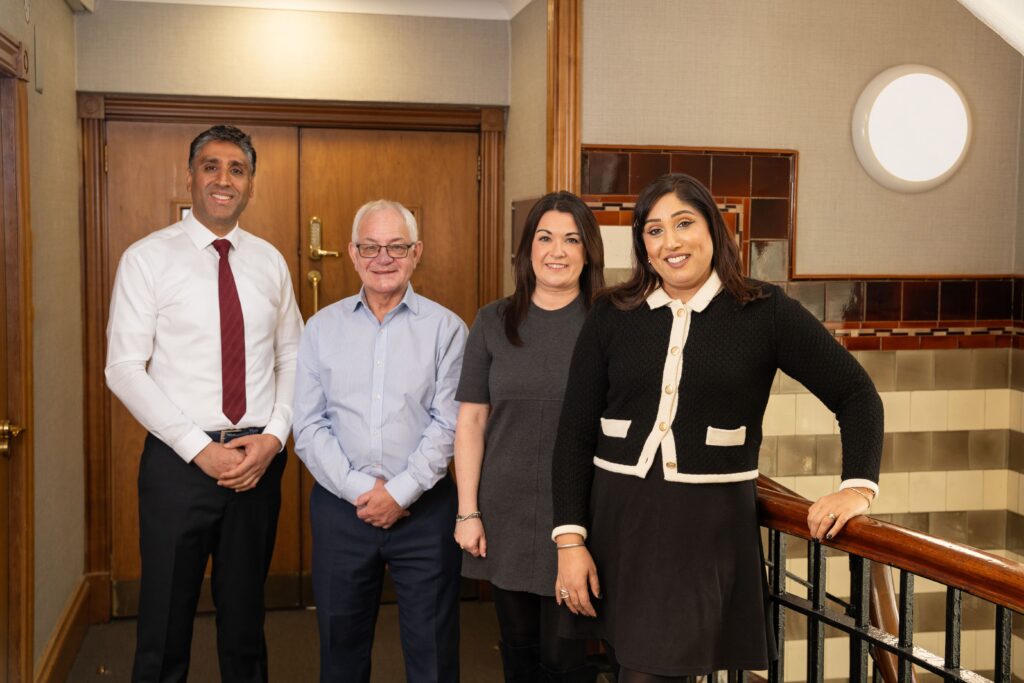SCOTLAND, UK. 1st April 2025 – The conveyancing industry faces increasing pressure to meet client demands, maintain profitability, and safeguard staff wellbeing.
Kaur Sutherland Conveyancing Solicitors, with offices in Glasgow, Dumbarton, and Lenzie, is helping to redefine conveyancing business success by ensuring high-quality service without compromising the mental health of its team.
Conveyancing has long been associated with high workloads, intense deadlines, and demanding client expectations. The emotional weight of property transactions and heightened regulatory scrutiny has only intensified pressures on legal professionals.
Burnout has become a major issue within the sector, particularly due to high levels of exhaustion. The 2020/21 Law in Life Report highlighted that 69% of legal professionals experienced mental health challenges over the past year, with anxiety, low mood, and depression being the most commonly reported issues. Despite this, many firms continue to prioritise speed and financial performance, leading to unmanageable caseloads and a reactive, high-stress environment.
One of the biggest challenges in the industry is the shift from a structured, ‘push and tell’ approach — where cases progress systematically with clear communication — to a ‘store and snatch’ model, where work is pushed forwards only when clients demand updates. This reactive cycle creates unnecessary stress for legal professionals and results in inefficiencies that ultimately impact both service quality and staff wellbeing.
Recognising these challenges, firms are beginning to embrace a more sustainable approach that prioritises structured workflows and proactive communication. Kaur Sutherland is among those leading this shift, ensuring transactions are handled efficiently while reducing unnecessary pressure on its legal team.
Claire Sutherland, Senior Partner at Kaur Sutherland, says: “Firms across the conveyancing sector must prioritise structured workflows to prevent cases from stagnating while ensuring proactive client communication. A sustainable approach benefits both legal professionals and clients, creating a more efficient and less stressful experience for all.”
By moving away from outdated working models, firms can enhance both service standards and workplace wellbeing. A growing number are recognising that long-term success depends on balancing profitability with staff welfare, rather than prioritising speed and cost-cutting.
Sutherland adds: “While Kaur Sutherland is at the forefront of this shift, meaningful change must happen across the industry. Success will only come when firms balance profitability with employee wellbeing. As we continue to grow, we remain committed to fostering a culture that values both excellence and staff welfare. The future of conveyancing depends on a people-focused approach.”
ENDS

